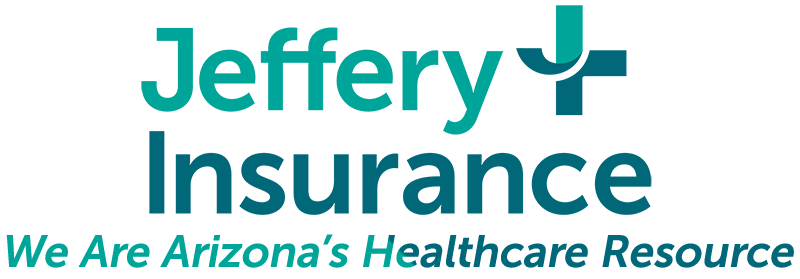Medicare fraud is an unfortunate reality that can affect you at any time. It’s important to know what this threat is and what you can do to avoid becoming a victim.
What is Medicare Fraud?
Medicare fraud is the general term for someone, like a doctor, knowingly billing Medicare for a service or supply that wasn’t received. There are many different types of Medicare fraud. However, they all have the same goal: to collect money from the Medicare program illegitimately. Scammers, providers, and even doctors can be involved in fraud, so it’s important to stay diligent and know how to protect yourself.
Tips to Protect Yourself:
Protect Your Personal Information
Protecting your personal information is essential for avoiding Medicare fraud. This includes your Medicare card which has important information on it, including your identification number, birthday, and coverage. Don’t give any personal information about yourself to a stranger over the phone, online, or in person. Only give your personal and Medicare information to trusted sources, like your primary physician, a legitimate insurance agent, and Medicare officials. Letting others have access to your Medicare or personal information could lead to them stealing your identity and committing Medicare fraud.

Keeping track of appointments will help you to double-check the details you receive with statements you get from Medicare.
Keep Track of Appointments & Check Medical Statements
Keep track of your doctor visits and prescription refills on a calendar after you’ve finished your appointment. This will help you to double-check dates, services, and other details you receive with statements you get from Medicare, like your Medicare Summary Notice (MSN). This is a notice people with Original Medicare will get in the mail for their Part A and Part B-covered services. This statement lists all your services or supplies that providers and suppliers billed to Medicare. When you receive your MSN statement (or any Medicare-related statement), look over it as soon as possible. Make sure the dates and services listed are correct. If they aren’t, call your medical provider’s office.
Do Not Accept “Free” Services
If someone is offering you free medical services or products in exchange for your Medicare information, do not accept. If you accept, they can charge Medicare for the health services and you can be held accountable for committing fraud, even if you had no idea what was going on. Unless they are a legitimate insurance agent or company representative helping you sign up for a Medicare plan, don’t give out your Medicare number.
Be Aware of Door-to-Door Salesmen and Telephone Scammers
There are some common scams you should be aware of. Door-to-door salesmen will try to claim they are a Medicare representative and sell you a plan, insist you need to change your plan, or offer you free medical supplies. These scammers will say you need to verify your coverage with your SSN or Medicare number. If someone like this comes knocking, decline their offer, and shut your door. Remember, Medicare will never visit you at your home. Anyone claiming to be a representative is lying and trying to commit Medicare fraud.
You should also be aware of telephone scammers. They may try and pull scams like the door-to-door salesman, but telephone scammers aren’t always easy to identify. Your caller ID may show an actual Medicare phone number, but scammers can use caller ID spoofing to mask their location and trick you. If you ever doubt the validity of a phone call, tell the person you’d like to call them back and ask for their direct number. A scammer will get flustered and hang up, but a legitimate entity will respect your desire for privacy and security.
Helping You Stay Safe
Understanding your Medicare plan will help you identify suspicious behavior and avoid scams. If you need help understanding your current coverage, our agents at Jeffery Insurance would love to help. We are based in Scottsdale but are happy to assist you no matter where you are in Arizona. We are Arizona’s health care resource!







